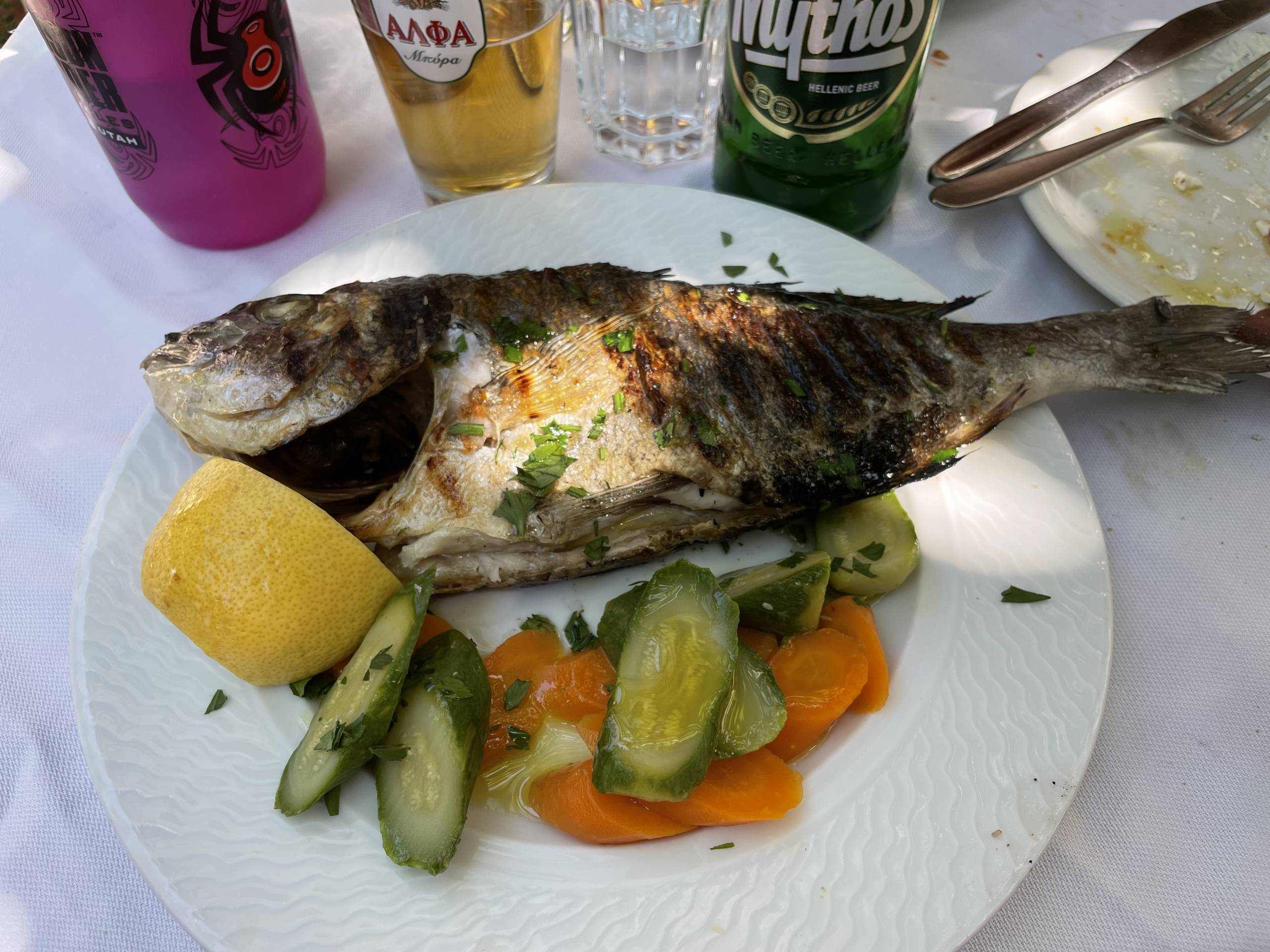
I recently had a conversation with a vegan friend of mine. The conversation was drifting into the ethical and moral arguments for and against the consumption of meat. This sometimes happens with vegans.
I’m not a vegan, nor a vegetarian, and although I do try to avoid red meat, I may or may not have succumbed to the temptation of a double Smashburger last Saturday evening.
But I do try to be intellectually honest about my meat consumption, and to be intellectually honest about eating meat, one must admit that the vegan enjoys a superior moral and ethical position to the omnivore. Vegans are killing living things, sure, but those living things lack nervous systems. And plants don’t know fear. Can’t say that about cows, chickens, sheep, fish, or various wild game. Plus the environmental and climate impacts, the water impacts, the list goes on.
Whether that makes up for having to eat vegan cheese is another question, of course.
“There is no moral argument that puts a carnivore on higher moral ground than a vegan,” I said, ceding defeat early.
We carnivores have our justifications. One is biological: Homo Sapiens are omnivores. We eat meat. Always have, always will. It’s just what we do. Dammit.
Another is to remain willfully oblivious by declining to mentally link the double Smashburger with the cow whose musculature was ground up to supply its key ingredient. This, I think, is the prevalent approach.
Occasionally, the irony is too great to ignore. My daughter’s betta fish died while we were in Greece. I had eaten several grilled fish in Greece. My daughter grieved and buried the betta fish. (Not deeply enough, actually, so the dog disinterred it one evening soon thereafter. There he stood outside the screen door with a filthy, dented little cardboard box in his mouth. Don’t tell my daughter.)
The Greek sea bream died unmourned and received no burials.
A similar irony is afoot with the federal government’s decision to provide everyone third vaccine shots despite many developing countries still having some 90% percent of their populations completely unvaccinated. The U.S Surgeon General and others trumpet the 600 million doses the U.S. plans to send abroad. They say it’s not either-or.
But it is. Vaccine production capacity is finite and, globally speaking, insufficient. The World Health Organization estimates 11 billion vaccine doses are needed to stamp out the coronavirus pandemic and that the poorest countries won’t get their populations vaccinated until 2023. That’s two years for the old and vulnerable to get very sick and die; two years for funky variants to emerge from developing countries. (Delta is no longer called the Indian variant, but that’s where it came from).
Data from Israel and emerging U.S. data hint that breakthrough infections will tick up with the Delta variant (which is two to three times more contagious than the original coronavirus) combined with waning vaccine-induced immunity. But it’s also clear that, besides the very old and immunocompromised, if you’re fully vaccinated, Delta is unlikely to cause you much trouble if you catch it at all. Perhaps the right policy would have been to offer boosters to those 60 and older and to the immunocompromised, then let the rest of us get by with two shots and perhaps consider masking indoors until the pandemic settles down. (And for chrissakes, get the under-12s vaccinated. WTF, FDA?) Recall that the goal early in the pandemic was to keep the health care system from being overwhelmed — not to stop asymptomatic infection or sniffles outright.
Now we propose to protect our own who don’t need the protection (I include myself as a 52-year-old in this cohort, and my healthy wife and teenage daughters) while knowing full well that the distant, anonymous poor will get sick and die.
What does this have to do with veganism? I’ll take my booster — the dose will have been allocated, so either way it won’t go to one of the billions of people who need it more than I do. But that third mRNA-vaccine jab will be no different than my first big bite into that juicy double burger on Saturday: it was good, but it wasn’t right.
